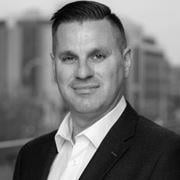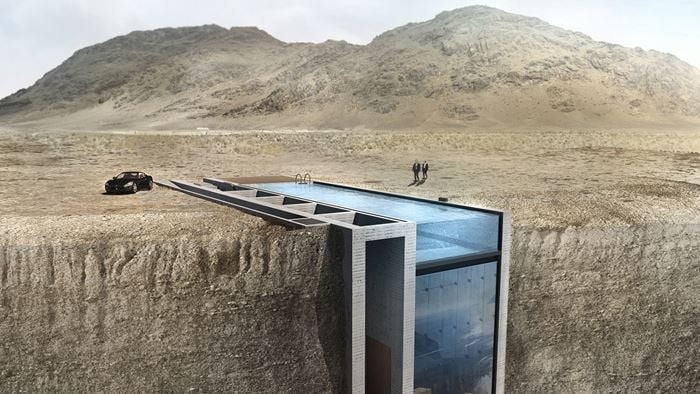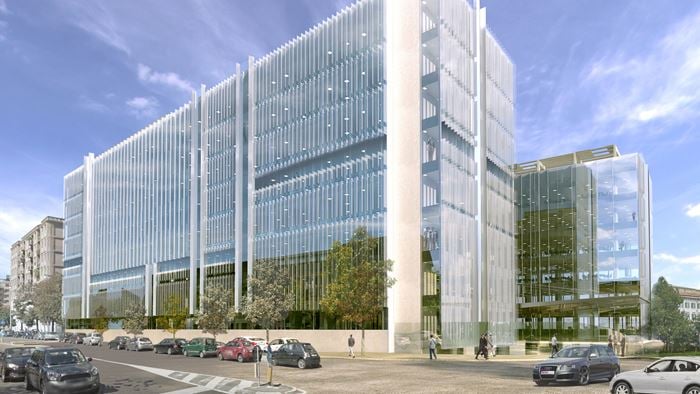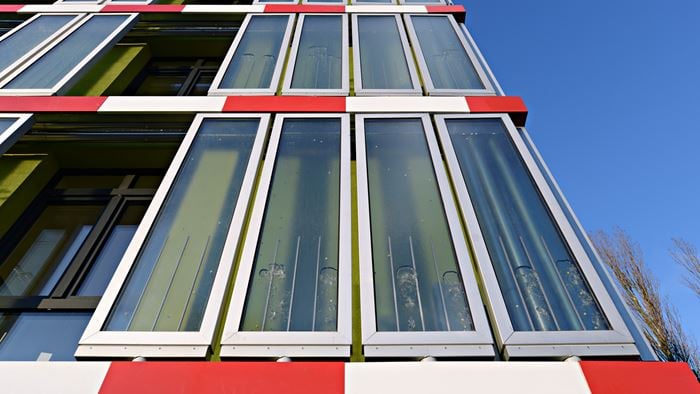Margaret River’s wine, food and surf culture attract over 1 million visitors a year. The seasonal employment and high-rent, short-let accommodation that support these visits combine to increase the threat and reality of homelessness for residents on lower incomes.
These are issues that involve state and local authorities, developers, planners, service providers and advocacy groups as well as those at risk. Each has their own perspective and agenda. We are using our experience in community and stakeholder engagement to help the group define a collective answer to a common problem.
Project Summary
3 major stakeholders
4 sites investigated in study
75people Just Home is working with who've experienced homelessness
Making homelessness an issue for all
A study by Just Home, a local-not-for-profit home advocacy group, revealed the perfect storm large-scale tourism was creating for some residents. They had been working with the Shire of Augusta-Margaret River to address this crisis, but needed the State Government and community housing providers to share a recognition of the scale and urgency of the problem.
Teaming up with Just Home and the Shire, our analysis highlighted the issues. Crisis accommodation was understandably the priority - short-term housing to provide security and stability for people as they navigate the issues that contributed to their homelessness. Beyond this, there was an urgent need for social and affordable housing. Sharing this analysis convinced the State Government that action was needed. The challenge remained for all involved to agree what that action should look like.
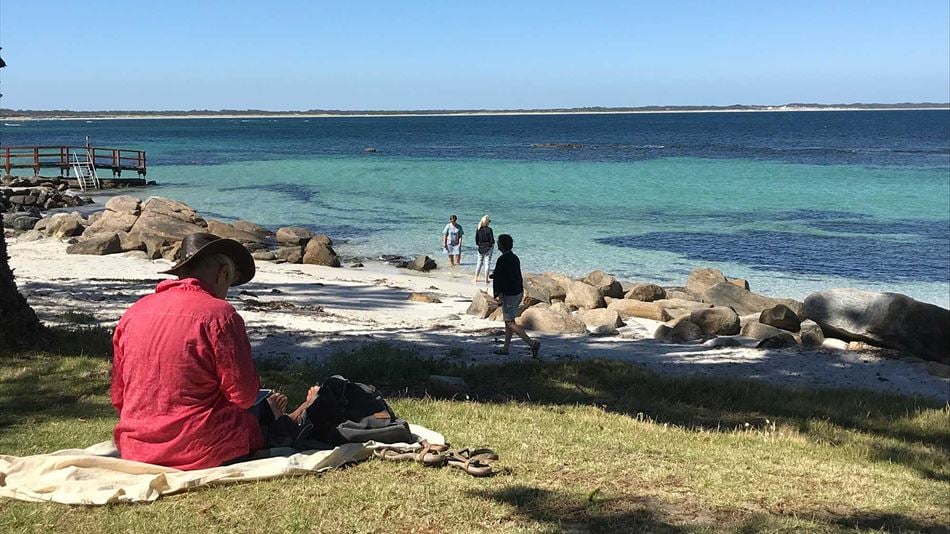
Using co-creation to unlock agreement
The outcome of co-creation is often completely different to the outcomes participants assume at the start. That is its strength. Our diverse group created and agreed a set of common design principles no one could have anticipated before the sessions.
The first workshop combined everyone’s insights and knowledge of the housing crisis, homeless experiences and needs of people at risk. Their collaboration delivered a set of agreed design objectives, principles to guide site selection and an inclusive process for the co-design of any future housing.
A second workshop assessed potential development sites in the Augusta-Margaret River area. The group used the shared criteria they had created to collectively judge the sites, ranking them on factors such as accessibility, connectivity, privacy, site size, flexibility and adaptability. At the close of the project, two further sites were identified for further investigation.
A crisis needs action, and the group now has a powerful, shared framework for assessing sites and reaching the consensus to speed up that action.
Listening to often unheard voices
The inclusive power of our process is clear from Just Home’s comment on the workshops: “it was the first time that the crew [people with lived-experience of homelessness] had felt like the decision-makers ". The listening, empathy and the joint endeavour of the process itself has helped build relationships between all the parties needed to unlock Margaret River’s housing issues.
A toolkit for wider change
Documenting the project has created a valuable resource. It provides a toolkit for the appraisal of any future sites, together with potential funding and development models. Just Home is using these tools to co-design new initiatives, working with sustainability designers, indigenous community members and local service providers as they continue to tackle homelessness in the area.
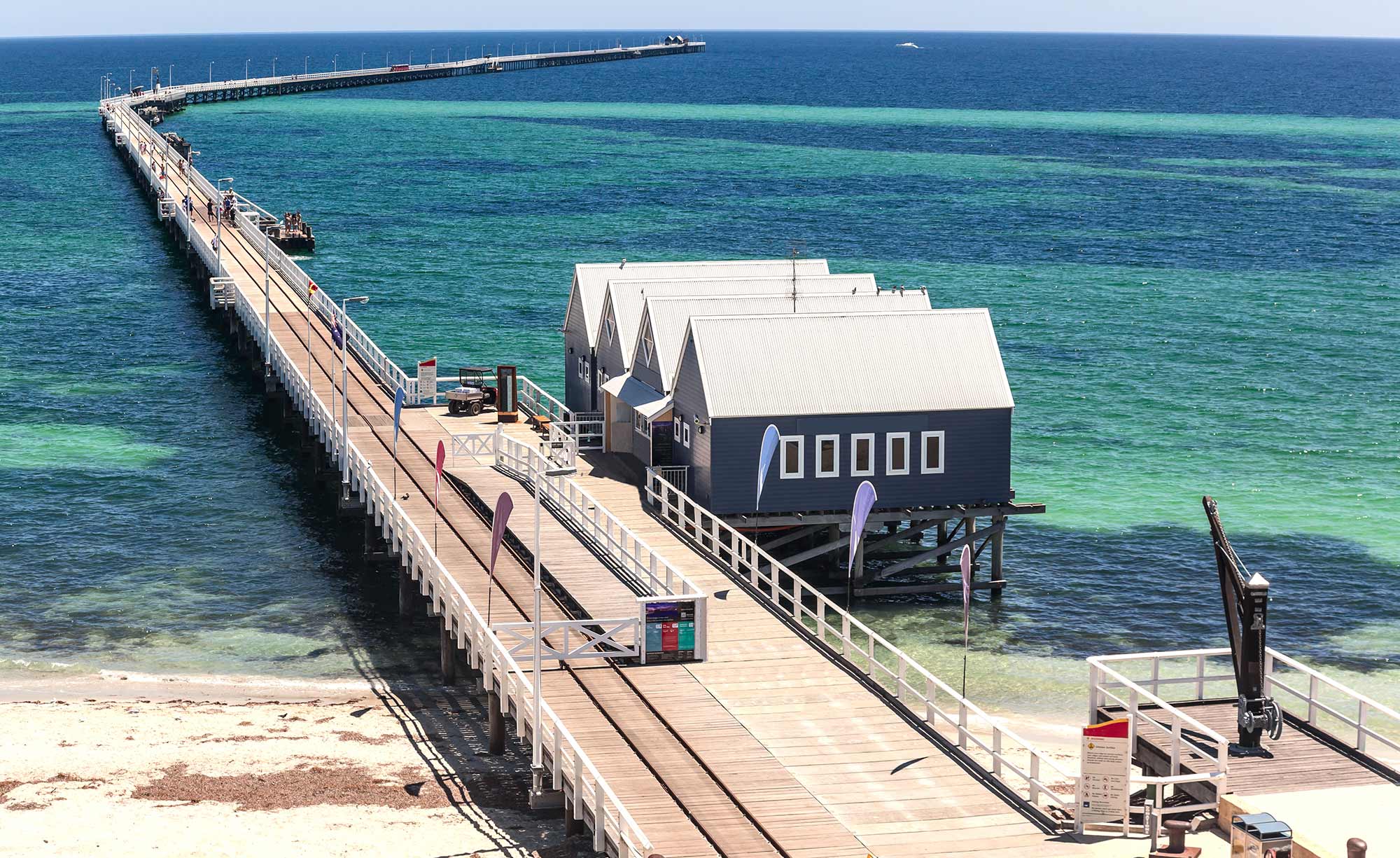 ;
;
